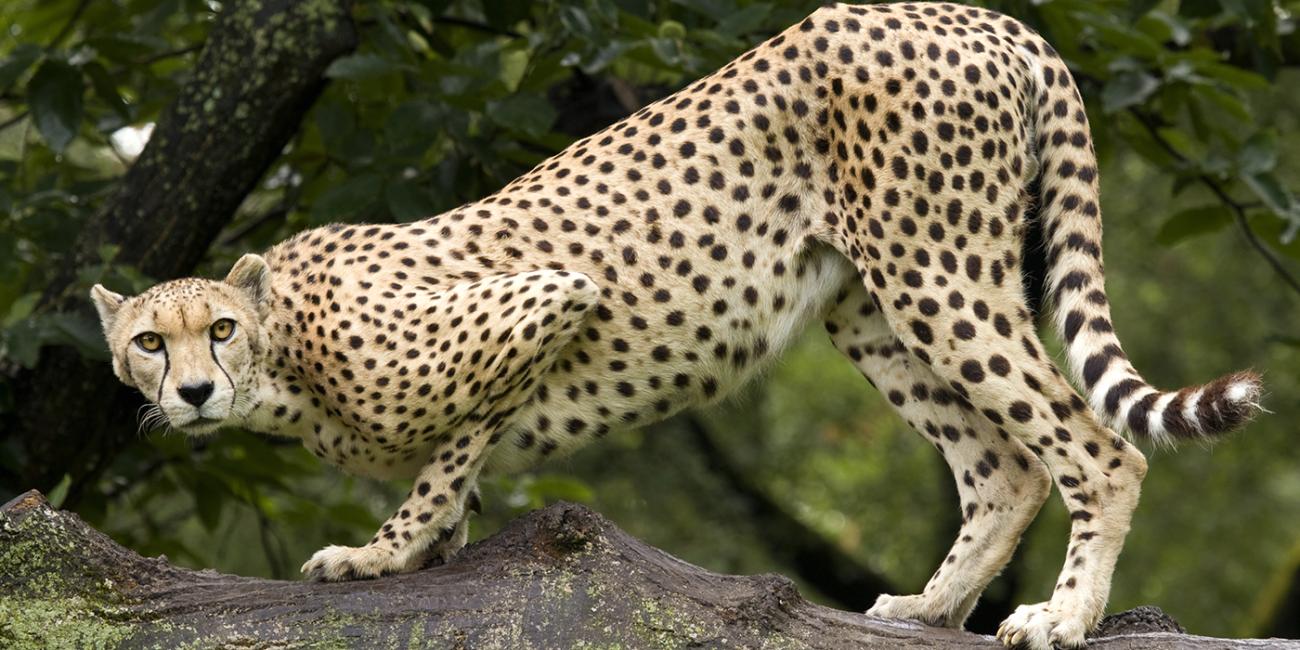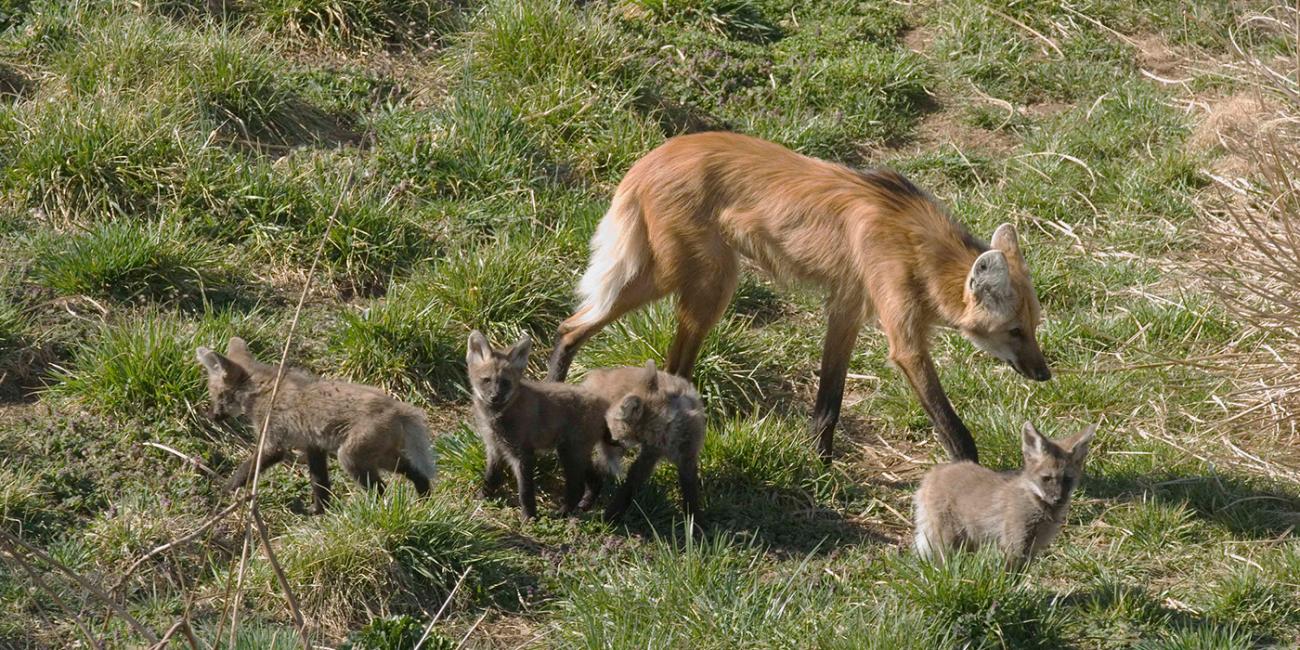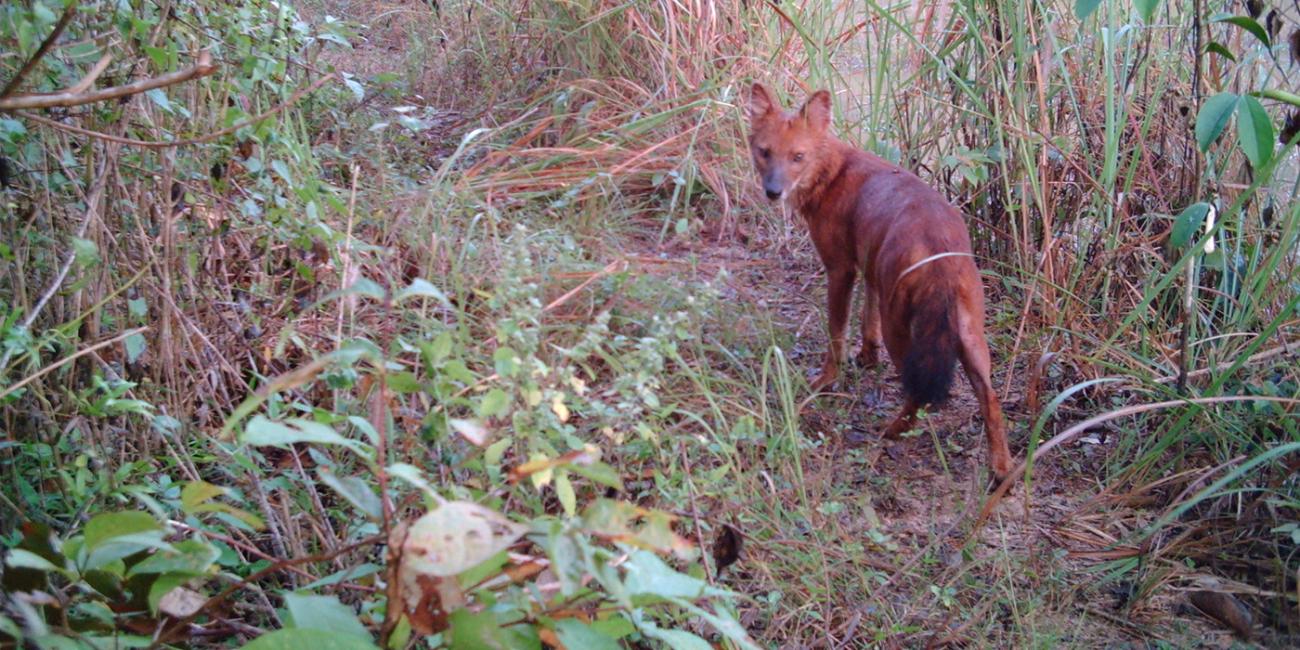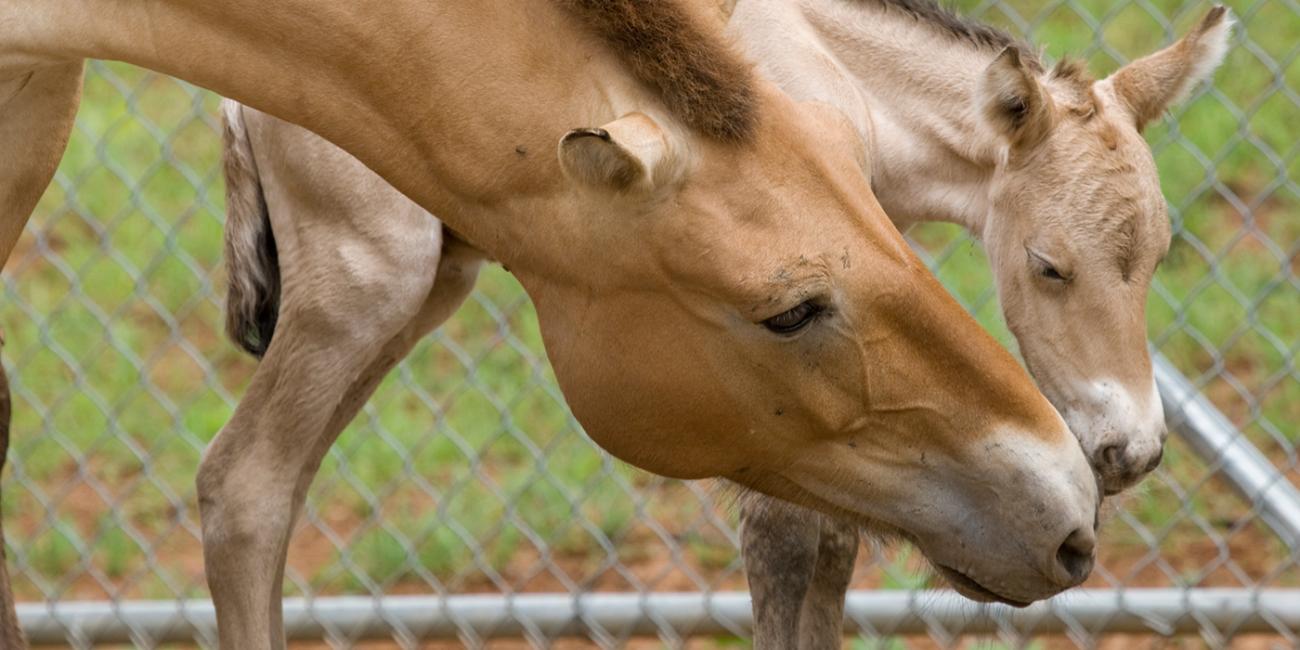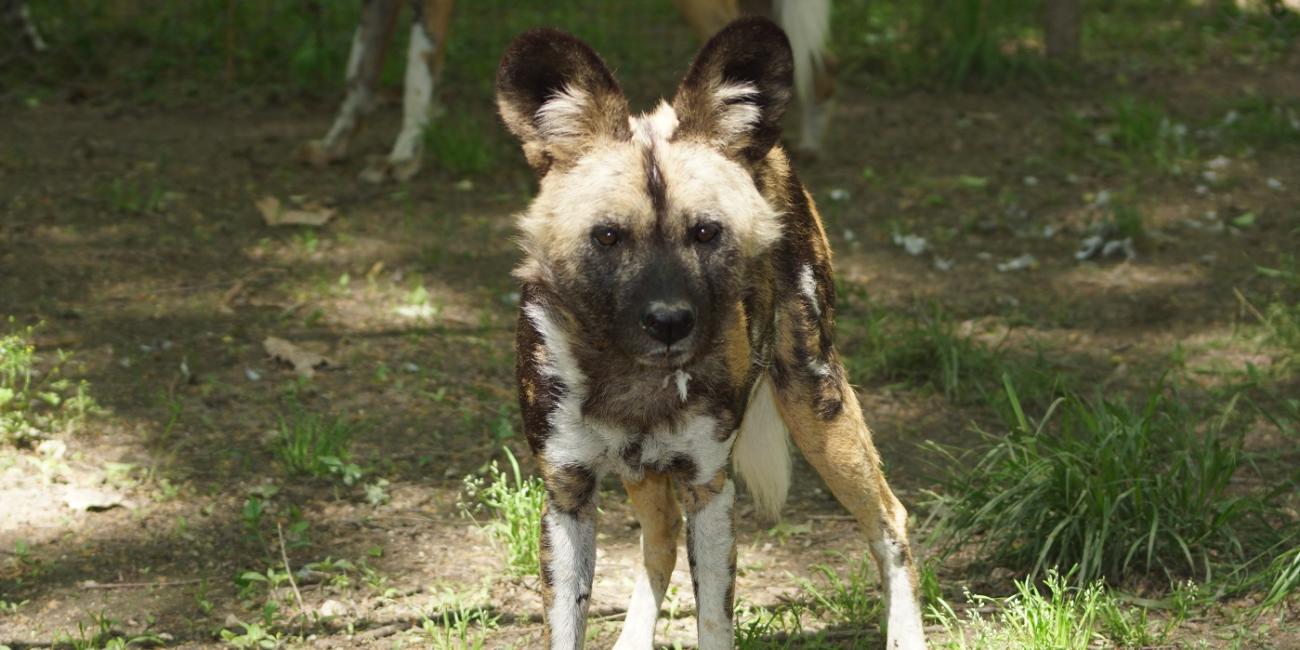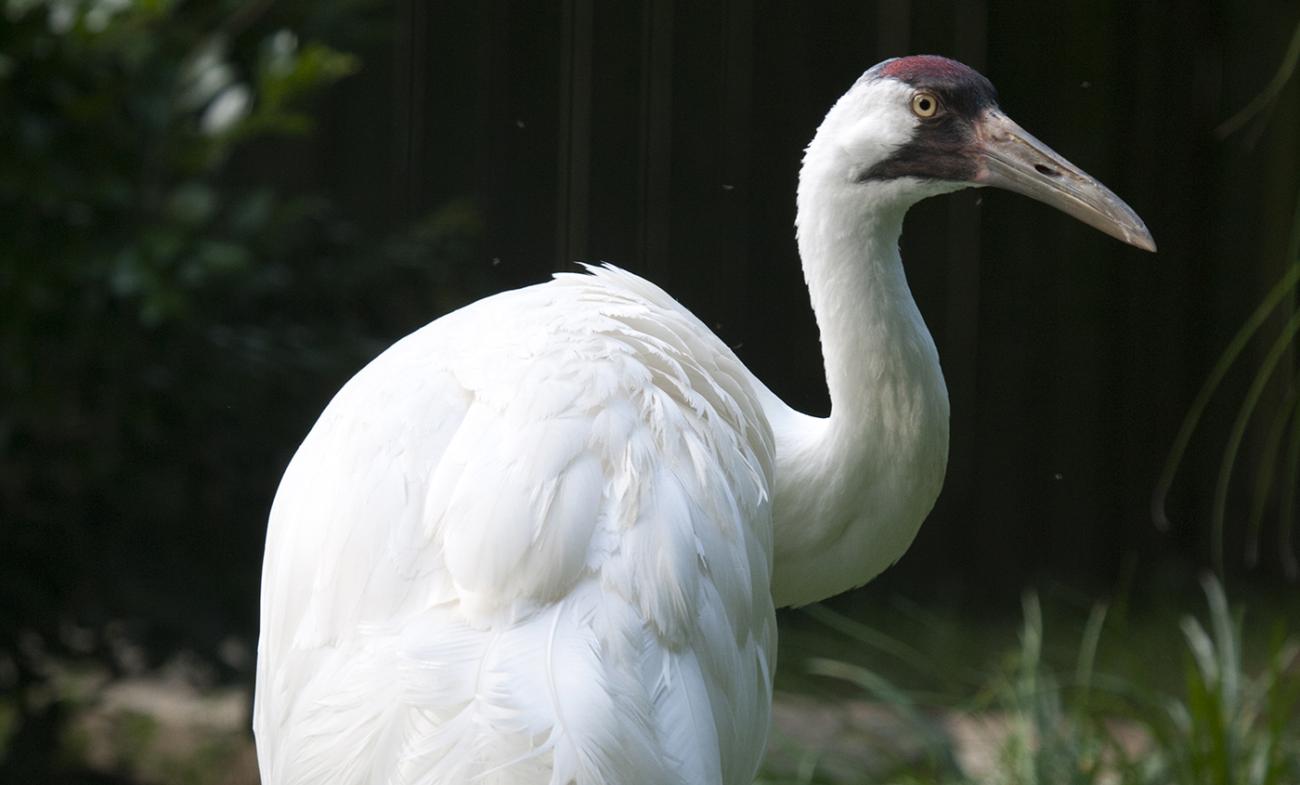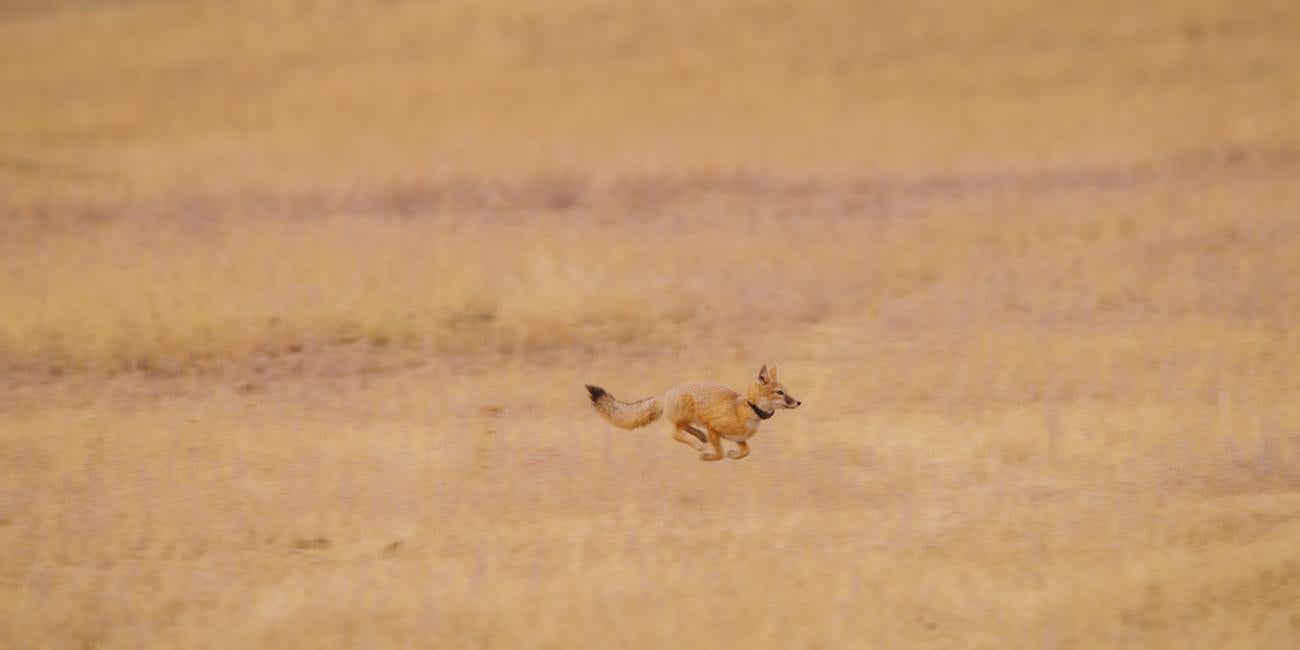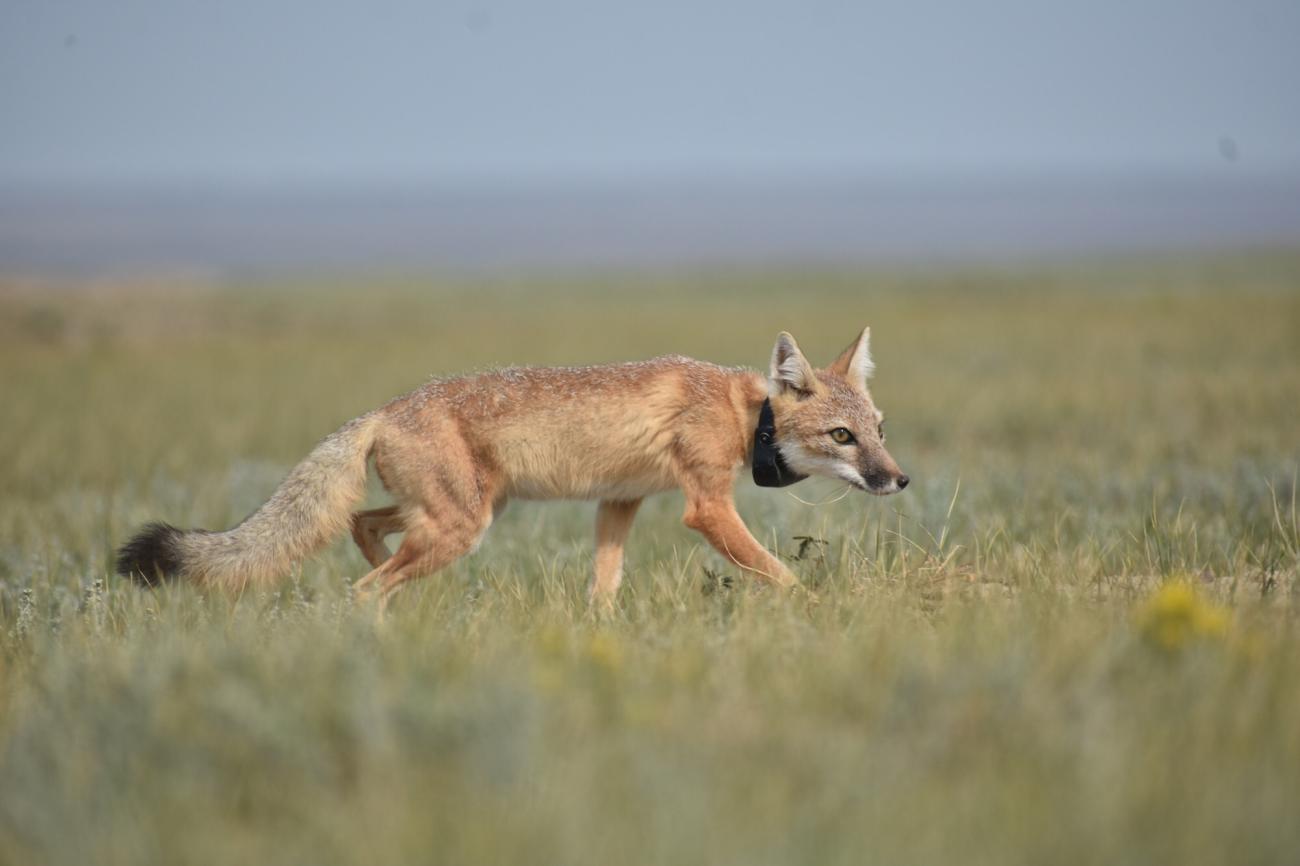Biography
Nucharin Songsasen is a Research Biologist and the Center Head of the Center for Species Survival. She joined the Smithsonian in 2002 when offered the opportunity to study the reproductive biology of domestic and wild carnivores. Over the years, she built the Global Canid Conservation Program and expanded this conservation and research initiative from a laboratory setting to field conservation in range countries, including Brazil and Thailand.
Nucharin is a leading expert in the field of carnivore reproductive biology, especially canids (dog-like species). Research conducted in her laboratory focuses on developing innovative technologies to rescuing valuable genetics from wild canids and felids, while improving human reproductive health. In addition to reproductive research, she has collaborated with SCBI scientists and developed partnerships with national and international governmental and non-governmental organizations to address many threats to the sustainability of wild canids, including the maned wolf, dhole, red wolf, swift fox, and African painted dog, living in zoos or the wild. Since 2009, she has a collaborative research that focuses on better understand the reproductive biology and endocrinology of the whooping crane and identifying the causes of poor reproduction in this endangered species. She also expands avian research to include the Guam king fisher and white naped crane.
Songsasen has established partnerships with several national and international government and non-governmental organizations. She currently supervise several post-doctoral fellows and graduate students. She has adjunct appointments at the Cornell University and George Mason University. She is also a member of the IUCN's Canid Specialist Group (CSG), the coordinator of CSG's Dhole Working Group and the Maned wolf Species Survival Plan (MWSSP) as well as reproductive advisor to the Canid Taxon Advisory Group.Nucharin received her Doctor of Veterinary Medicine degree from the Kasetsart University in Thailand, and Master of Science and doctoral degrees from the University of Guelph in Canada.
Research Interests
Reproductive physiology, cryobiology, assisted reproduction, carnivore conservation, conservation biology, ex situ management
